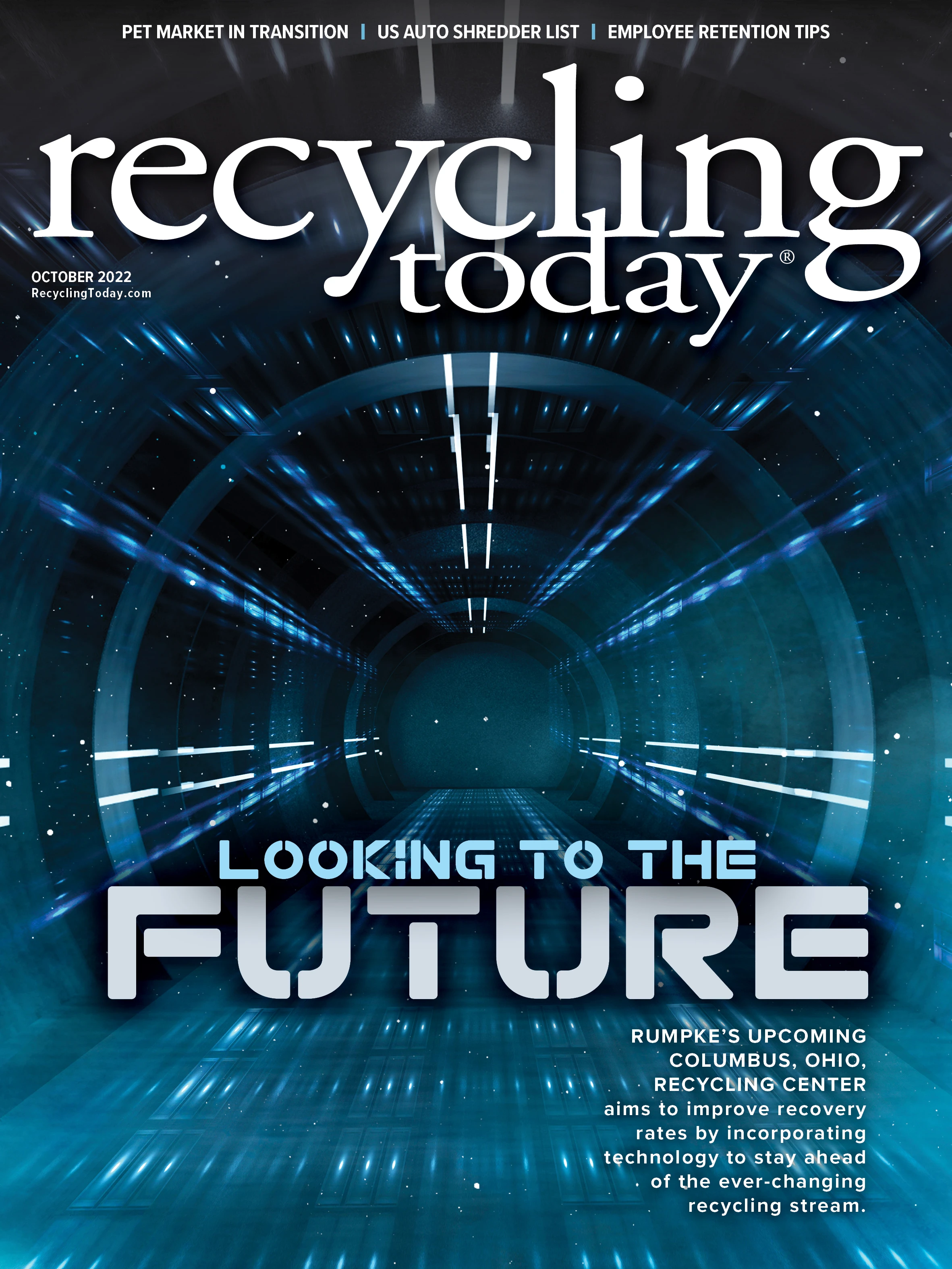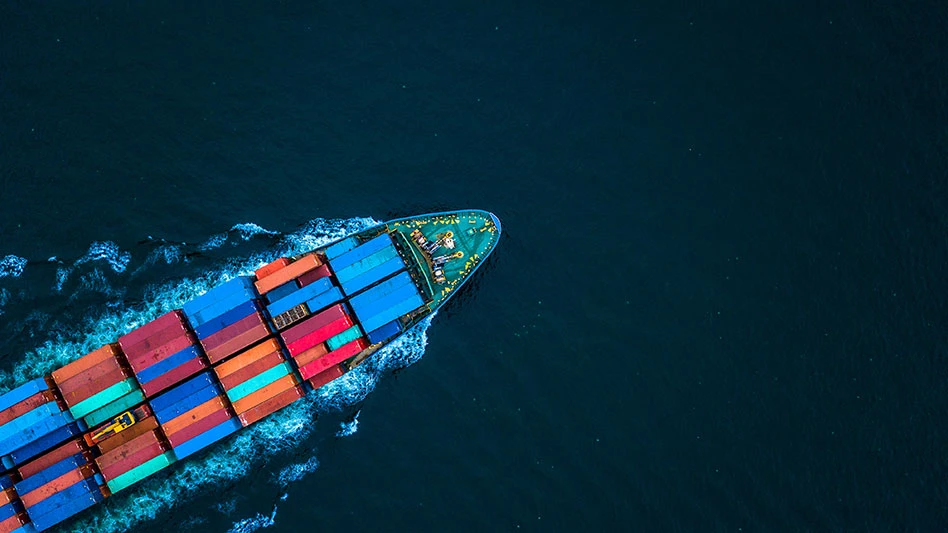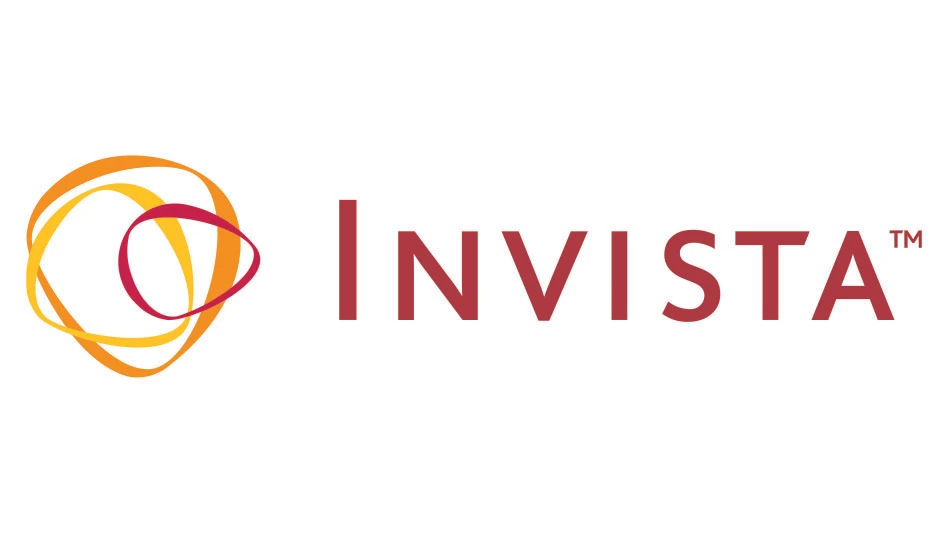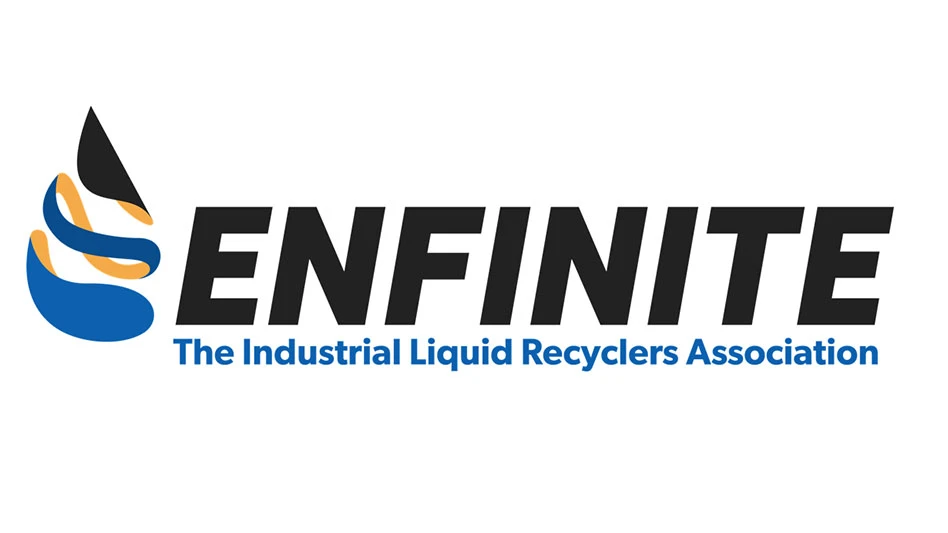
North America’s largest comprehensive waste management environmental solutions provider, WM, will expand into postconsumer resin (PCR) production with its forthcoming purchase of Avangard Innovative, according to a Sept. 13 announcement.
Houston-based WM, which, through its subsidiaries, provides collection, recycling and disposal services to millions of residential, commercial, industrial and municipal customers throughout the U.S. and Canada, will acquire a controlling interest in Avangard Innovative’s U.S. business. The newly acquired company will operate independently as Natura PCR and is expected to expand, producing an estimated 400 million pounds per year of PCR in five years.
WM will be the primary owner of Natura PCR, while Avangard and its affiliated entities will hold a collective minority equity position in the new company. The transaction is expected to close late this year and is subject to the satisfaction of customary closing conditions, including regulatory approvals.
Avangard Innovative, also based in Houston, has made a name for itself by helping Fortune 500 companies identify and collect recyclables and reduce or reclaim spent resources in daily operations through its Natura program, which combines data visualization with Avangard Innovative’s 30 years’ experience in the circular economy in nine countries. Powered by Sustayn, the company’s proprietary technology platform, Avangard Innovative says it helps its environmental partners increase their capture percentage rate by recovering more recyclables, lowering their waste costs and maximizing their profitability.
In 2017, the company added recycled low-density polyethylene (LDPE) and linear low-density polyethylene (LLDPE) pellet production to its capabilities, which also include manufacturing its own line of recycling equipment that features technology designed to help track its environmental partners’ bale composition.
WM Vice President of Recycling Brent Bell says the controlling interest applies to the entire Avangard business less Mexico/Latin America.
Avangard Innovative CEO Rick Perez says the company’s Mexico/Latin America business, which operates under the Innovative Group name, will continue to operate and grow.
Perez says his company and WM have been working together for more than 20 years, adding that the transaction “made perfect sense” as WM was looking to expand into PCR production and Avangard Innovative needed more capital to execute on its vision.
“It’s a logical fit,” he says. “Strategically, this is the best thing for both companies,” he adds.
“WM and Avangard are a great combination as we have the supply and they have the leadership and expertise. By combining the two into Natura PCR, we have a great recipe for success, and Rick and the team will be a critical part moving forward.” – Brent Bell, vice president of recycling, WM
Rapidly scaling PCR production

“WM’s controlling interest in Natura PCR positions us to grow and scale rapidly in the emerging PCR space,” WM President and CEO Jim Fish says in a news release announcing the transaction. “WM’s core material supply capabilities, with the head start and knowledge provided by Avangard’s U.S. business, will help Natura PCR quickly deliver circular options to WM’s customers as an important component of our continued growth strategy in recycling.
“Today, there is so much untapped potential to reuse film—which impacts many of our commercial customers. We can help our customers close the loop and bring more recycled materials to the store shelf,” Fish adds.
Terms of the transaction have not been disclosed, but Perez says he will become CEO of Natura PCR, and Jon Stephens, current president of Natura PCR, will remain in that role once WM has obtained its controlling stake in the business.
“WM and Avangard are a great combination as we have the supply and they have the leadership and expertise,” Bell says. “By combining the two into Natura PCR, we have a great recipe for success, and Rick and the team will be a critical part moving forward.”
Through Natura PCR, WM says it expects to deliver new recycling capabilities for its customers and to provide circular solutions for commercial films and clear plastic wrap, including plastic stretch wrap for pallets, furniture film, grocery bags and potentially shrink wrap from food and beverage containers.
Natura PCR mechanically will recycle film and flexible plastics, converting these materials into PCR that can be used to manufacture new products, replacing virgin materials. These streams make up almost one-quarter of today’s plastic generation, but only about 5 percent is recycled today, WM says.
“The film plastics end markets in the U.S. are in the early stages of development (compared to rigid plastics)—WM has customers on a national account level (Think large retailers.) that not only want sustainable solutions for these materials but the ability to tell circularity stories about how this film leaves their facilities and can be used in new products/packaging back on their shelves," Bell adds.
“This transaction helps to quickly scale operations, maximize source feedstock and meet the continued rise in demand for environmental additives, such as recycled plastic resin,” Perez says in a news release about the transaction. “After 30 years in the recycling business, working with WM and continuing our relationship with Dow and other customers represents an opportunity to offer the most innovative end-to-end circular economy solution in the market.”

Allied partners
WM says it has been working with Dow, headquartered in Midland, Michigan, to increase the plastics recycling rate and to create sustainable solutions in packaging, infrastructure and consumer applications.
“WM is excited to continue our partnership with Dow in this space and will work closely with Dow on the material these facilities generate to ensure they meet their expectations,” Bell says.
Dow also has been working with Avangard Innovative since early 2020, purchasing the company’s PCR to produce Revoloop, Dow’s product line that is made with PCR content.
At the time Dow announced its partnership with Avangard Innovative, Julie Zaniewski, sustainability director for Dow’s North American Packaging & Specialty Plastics business, said, “We see Avangard as an innovator. They have technology that most others do not have and expertise in sortation and collection of materials. That along with our expertise on the compatibilization areas, we are able to provide different opportunities for our customers and different tools and such to drive forward and also provide that scale.”
“We have been working with both companies to increase the use of recycled plastic in Dow’s products, and Natura PCR brings together capabilities that will unlock more options for hard-to-recycle plastics for the industry,” says Nestor de Mattos, North America commercial vice president, Packaging & Specialty Plastics, Dow.
Chemical recycling in question

Avangard Innovative also formed a joint venture with Honeywell earlier this year to deploy its UpCycle Process Technology to chemically recycle end-of-life plastics into polymer feedstock that can be used to produce new plastic at its plant in Waller, Texas, in the Greater Houston area. Using this technology, Perez has said Avangard Innovative would be able to recycle an additional 60,000 metric tons of mixed plastics annually.
In a conversation with Recycling Today earlier this summer, Perez said, “We’re in the latest stages of the design,” with installation expected in the first quarter of 2024, starting in Houston.
Perez said the company’s intention was to deploy mechanical and chemical recycling capabilities to take advantage of the synergies they offer.
“We want to be able to provide, whether it’s mechanical or chemical, the ability to truly make a difference in the world on how we manage all the plastics,” he said.
Deploying chemical recycling technology would allow the company to recycle co-extruded plastics and other hard-to-recycle plastic products and packaging.
However, Bell says, “WM’s focus will be on mechanical recycling of film, [and] the new company has no binding agreements in regards to chemical recycling.”
Plans for growth
Demand for PCR is expected to grow in response to consumer-packaged goods companies’ commitments to use recycled content and pressures from consumers and regulators to increase PCR content in the packaging.
WM says it has demonstrated a track record of collecting materials from commercial streams for the feedstock needed to produce PCR and expects its materials sourcing expertise will enable the increased volume of PCR pellets that Natura PCR can produce.
Natura PCR plans to grow recycling capabilities at Avangard’s existing plant in Waller and to build new plant capacity in the Midwest, with Perez noting that this site will be in Indiana.
He says the transaction will enhance opportunities for Avangard Innovative’s environmental partners, providing them with more environmental services.

Explore the October 2022 Issue
Check out more from this issue and find your next story to read.
Latest from Recycling Today
- Greenville, Mississippi, launches aluminum can recycling program
- Cotton Lives On kicks off 2025 recycling activities
- Georgia-Pacific names president of corrugated business
- Sev.en Global Investments completes acquisitions of Celsa Steel UK, Celsa Nordic
- Wisconsin Aluminum Foundry is a finalist for US manufacturing leadership award
- MetalX announces leadership appointments
- Sofidel agrees to purchase Royal Paper assets
- US Plastics Pact report charts expansion path for recycled content in packaging





